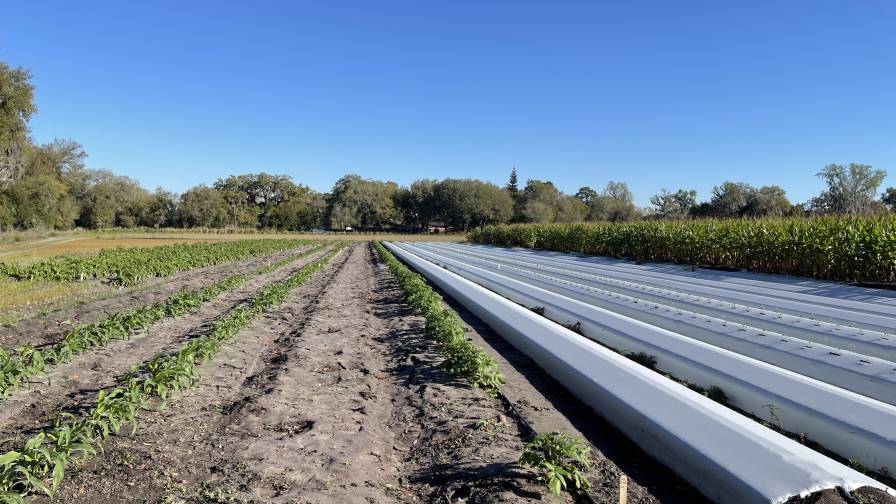Farmers Learn How Changing World Will Impact Iowa
Iowa technology and understanding global consumer demand for Iowa farm products brought hundreds of Iowa farmers and agribusiness leaders to Scheman Auditorium in Ames this week for the third annual Iowa Farm Bureau Federation (IFBF) Economic Summit. Iowa farmers had several lively discussions with national experts on Big Data, drone technology, commodity markets and ag policies and regulations.
“A lot of insightful information was presented which will impact what and how we farm in the future,” said IFBF President Craig Hill. “We’ve learned that the success of farming in Iowa relies on how well we embrace innovation and respond to changes in the consumer market. We learned how new tools can enhance our precision agriculture. In order to do that, farmers today must wear several hats; they are Geo-spatial data analysts, agronomists, soil fertility experts, economists, conservationists and livestock care experts. Consumers today expect nothing less.”
“What we heard from the national experts this week is that there’s a reason why thousands of jobs are emerging in the Midwest for capturing and analyzing Big Data; the uses by farmers are endless,” says IFBF Research and Commodity Services Director Dave Miller. “With drone technology, we could assess hail damage, to see where water may be ponding or causing damage in the middle of a field not seen by walking the field or driving by it, like farmers often do.”
Farmers in attendance were excited by the potential of drone technology data capturing.
“I would use it for crop scouting and conservation work, because that kind of up-close, inch-by-inch information could help me see how rainfall moves across a field and how to fix it before it enters a waterway,” said Larry Sailer, a Hamilton county crop and livestock farmer. Miller said drone and data management can also be a cost-saver for Iowa farmers. “We heard how you can see what pests may be in your field and where you need to treat that area, so rather than treating the whole field, you are able to reduce the chemicals and cost involved which can save upwards of $10,000 in a single year while being better stewards of the land,” said Miller.
Iowa farmers have long recognized that agriculture is a world of data and capturing data improves decision making, market response, environmental sustainability and profitability both for farmers in the field today and future generations of Iowa farmers.
Source: Iowa Ag Connection






